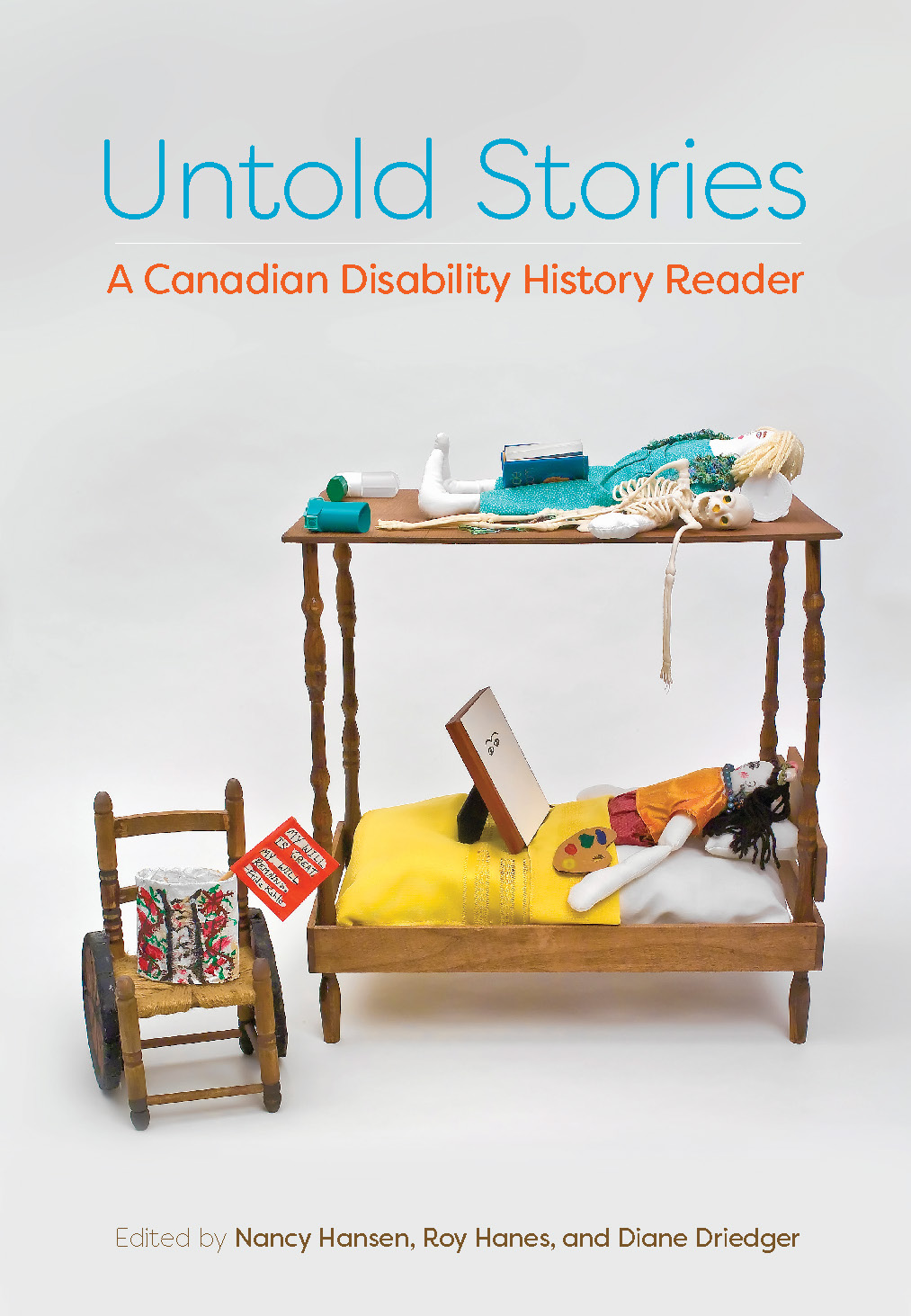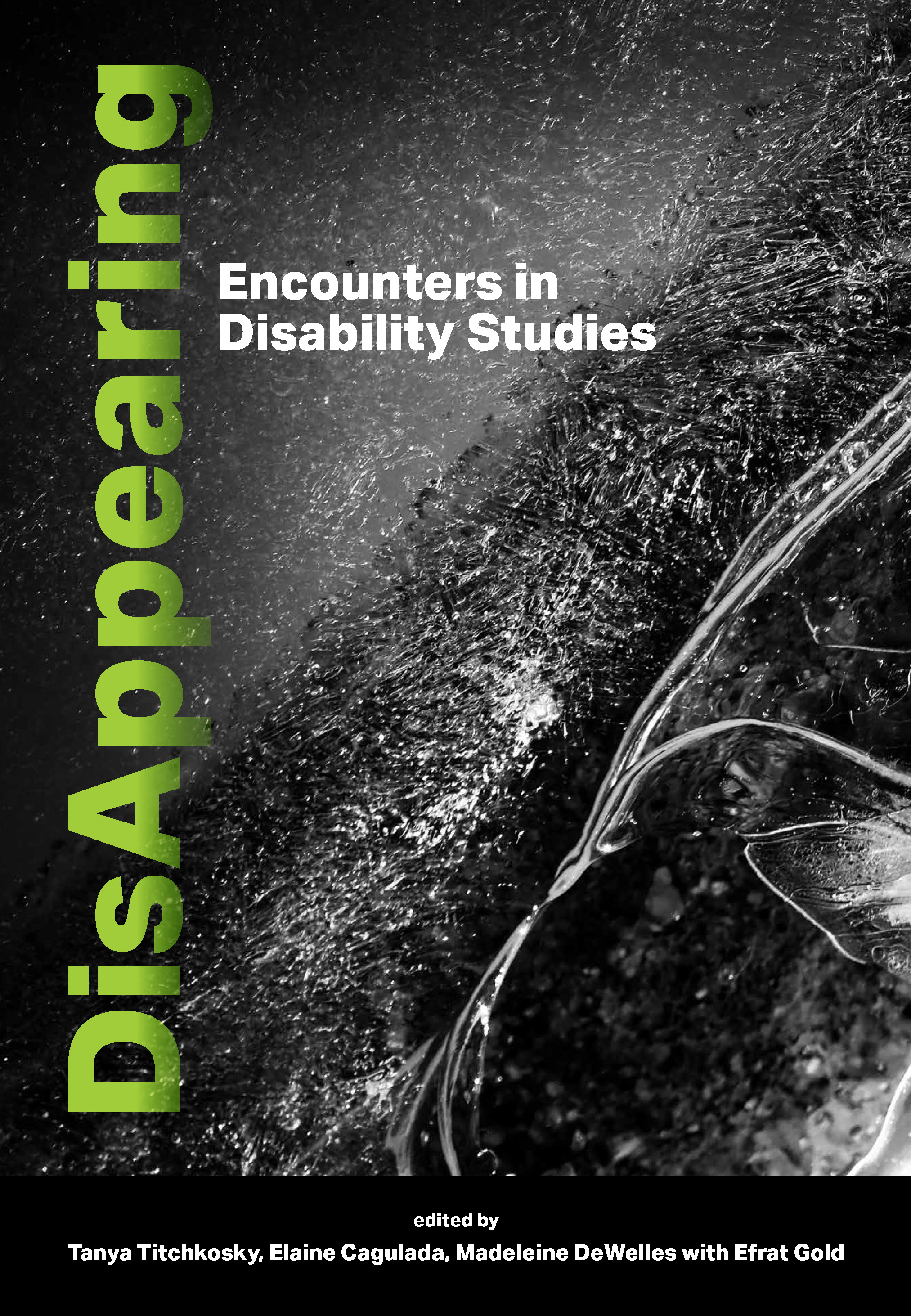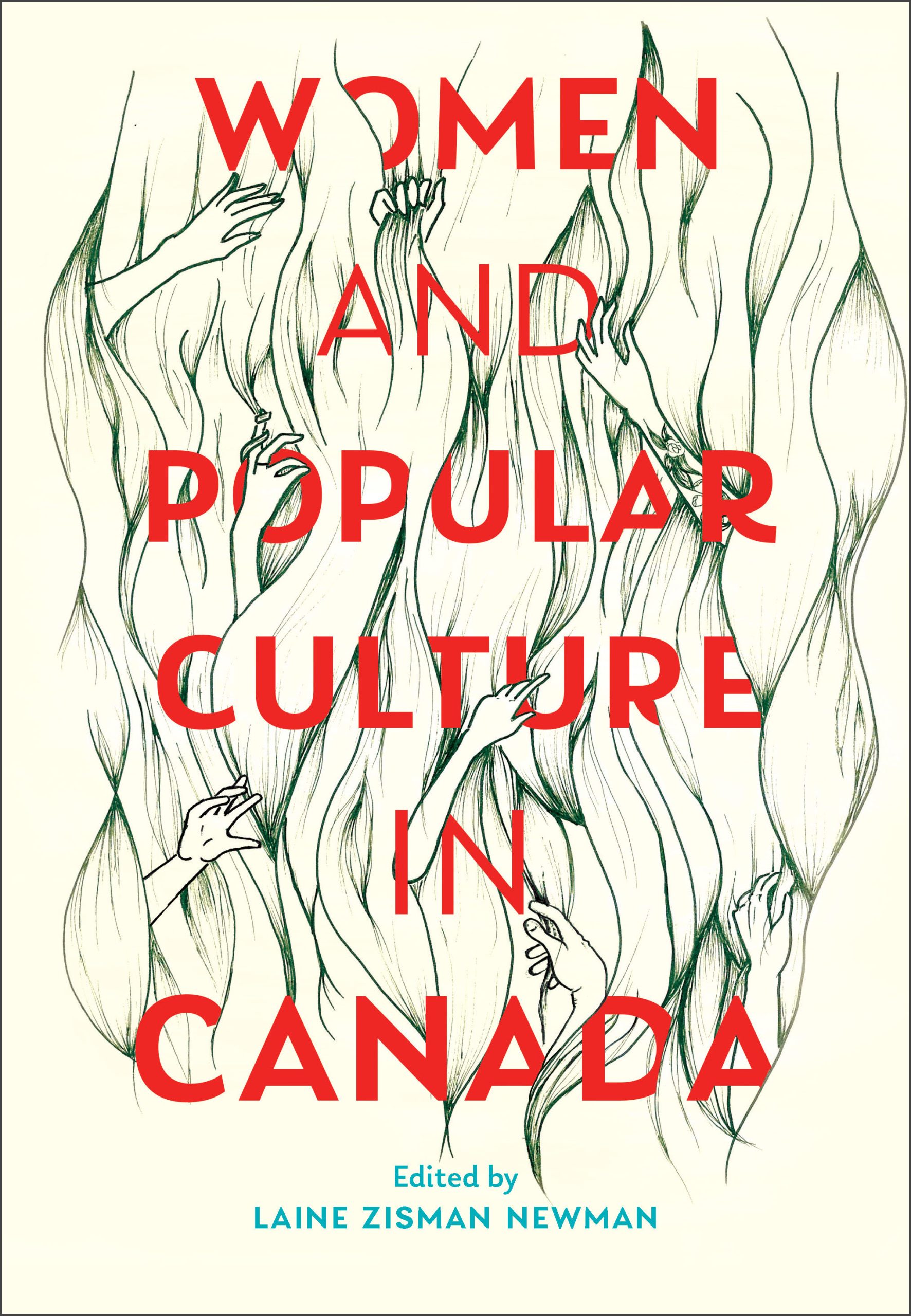Untold Stories
A Canadian Disability History Reader
By Nancy Hansen, Roy Hanes, Diane Driedger
Description
This long-awaited reader explores the history of Canadian people with disabilities from Confederation to current day. This collection focuses on Canadians with mental, physical, and cognitive disabilities, and discusses the ways in which they lived, worked, and influenced public policy in Canada.
Organized by time period, the 23 chapters in this collection are authored by a diverse group of scholars who discuss the untold histories of Canadians with disabilities—Canadians who influenced science and technology, law, education, healthcare, and social justice. Selected chapters discuss disabilities among Indigenous women, the importance of community inclusion, the ubiquity of stairs in the Montreal Métro, and the ethics of disability research. Untold Stories: A Canadian Disability History Reader offers an exceptional presentation of influential people with various disabilities who brought about social change and helped to make Canada more accessible.
Untold Stories is an invaluable collection for Canadian students in disability studies, sociology, history, social work, and education studies.
FEATURES
- provides an overview of disability culture in Indigenous communities
- evaluates the necessity of research ethics and accountability for disability history
Details
Price
Number of Pages
382
Dimensions
6.75" x 9.75”
Print ISBN
9781773380469
eBook – Fixed Layout ISBN
9781773380476
eBook – Reflowable ISBN
9781773380483
Subjects
“The title of My Will Remains is drawn from a quote by Frida Kahlo (1907–1954), the Mexican artist. Her work resonates with me as an artist who has worked lying down, as she did. I have joined her, proclaiming my sisterhood as I work lying down due to my pain and fatigue with my disability. Kahlo is my role model for persisting, for working—lying down does not mean being unproductive.”




